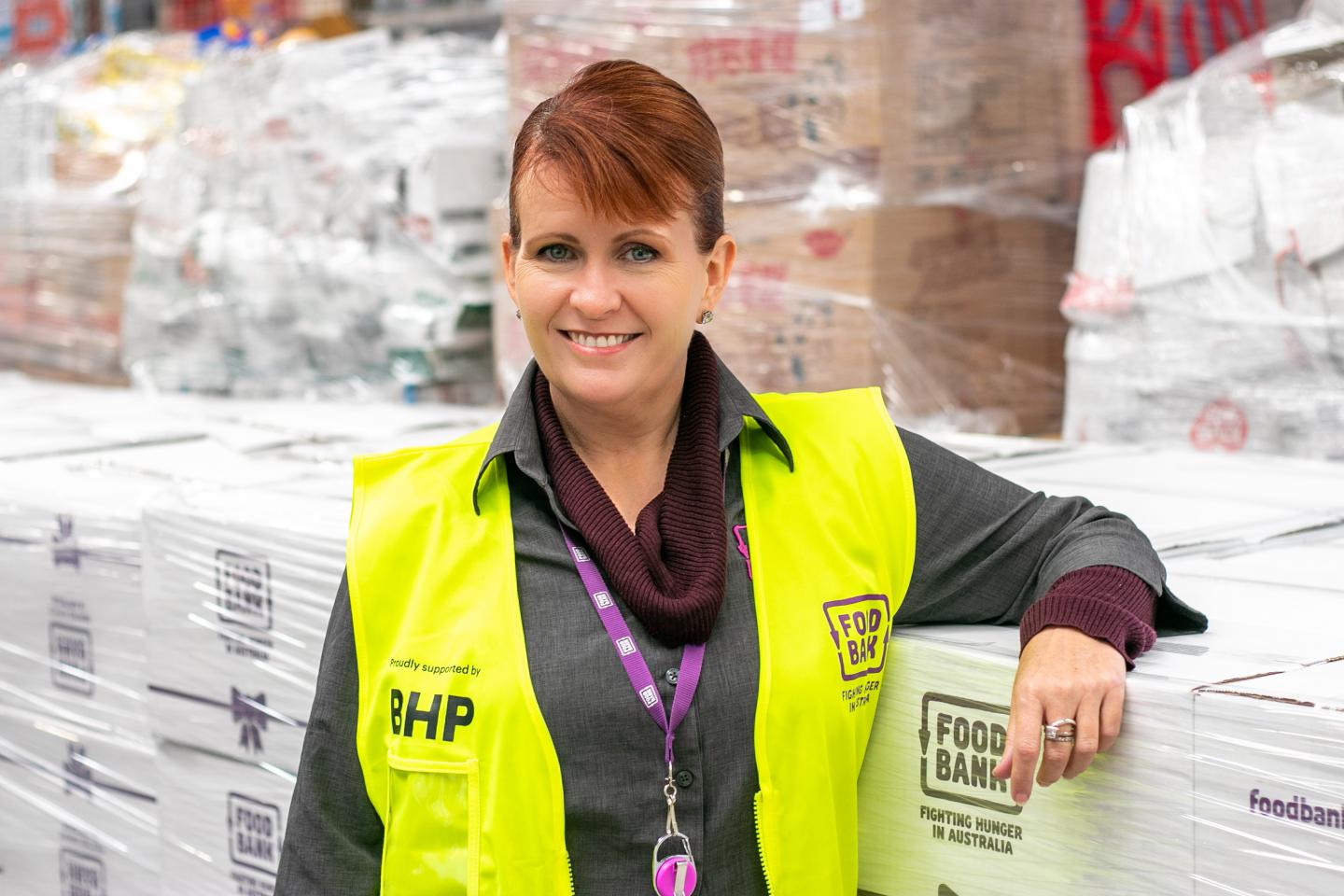Essentials like rent and groceries cost significantly more in many remote regions compared to Perth, an issue that needs to be addressed by national and state-wide policies, according to a leading charity.


The 2023 Regional Price Index shows the harsh reality in regional and remote areas of WA. Essentials like rent and groceries cost significantly more in many remote regions compared to Perth. This is especially tough for people already struggling financially.
“In our remote communities, people are struggling to put food on the table because of a perfect storm of high living costs, huge increases in freight, low unemployment, tight labour markets and limited access to food and groceries,” Kate O’Hara, CEO of Foodbank WA, told Business News.
Lower income families already cannot meet their weekly living costs. The WACOSS 2023 Cost of Living Report estimates that single parent families have just $1.40 left per week after meeting their basic living costs. Rising costs of rent, utilities and transport leave less on the table for groceries.
“At Foodbank WA, we believe distance shouldn’t be a barrier to a healthy diet and we work tirelessly to bridge this gap,” Ms O’Hara said.
Foodbank sources essential food staples, groceries and seasonal fresh produce directly to regional communities through its Mobile Foodbank, a service that started in Perth in 2019, reaching 30 locations across the metro area from Rockingham to Two Rocks, and has expanded to the South West, the Goldfields and Peel.
Each regional Foodbank branch is now building its Mobile Foodbank network to help overcome the barriers of distance and insecurity in each regional community to accessing essential food relief. With such an increased demand for food relief within WA, the need for the Mobile Foodbank network across each region is critical.
Foodbank’s regional branches are in major regional hubs with established freight lines and partner agency services to ensure the service can expand to a broader community services response to regional needs.
“We deliver our food literacy program across the whole state in remote areas and partner with local organisations to develop culturally appropriate resources. Our goal is to empower people to make healthier food choices, regardless of budget, even with limited access to fresh produce,” Ms O’Hara said.
“Food insecurity isn’t just a remote community issue – it’s a Western Australian issue, and we can’t solve it alone. We need strong national and state-wide policies to address food insecurity and ensure everyone has access to affordable housing. High rent shouldn’t force you to choose between food and a roof over your head.
“Funding allows us to plan strategically, respond to emergencies, and establish new initiatives including our planned Pilbara and Kununurra hubs. Donations and partnerships are our fuel. Your support keeps our trucks rolling and our programs thriving.
“Whether you donate, volunteer, or simply spread the word, your support fuels our mission. Together, we can create a Western Australia where everyone can access healthy food, regardless of their postcode.”













